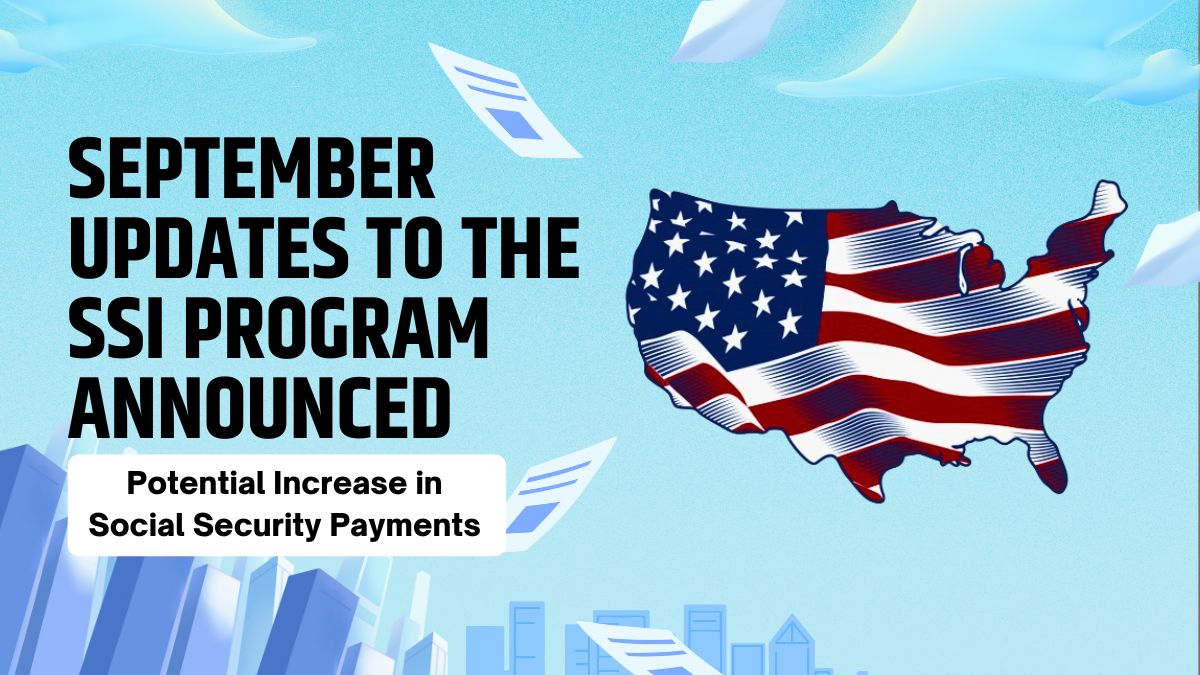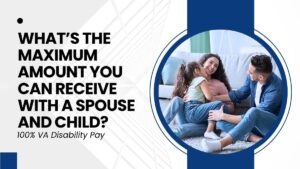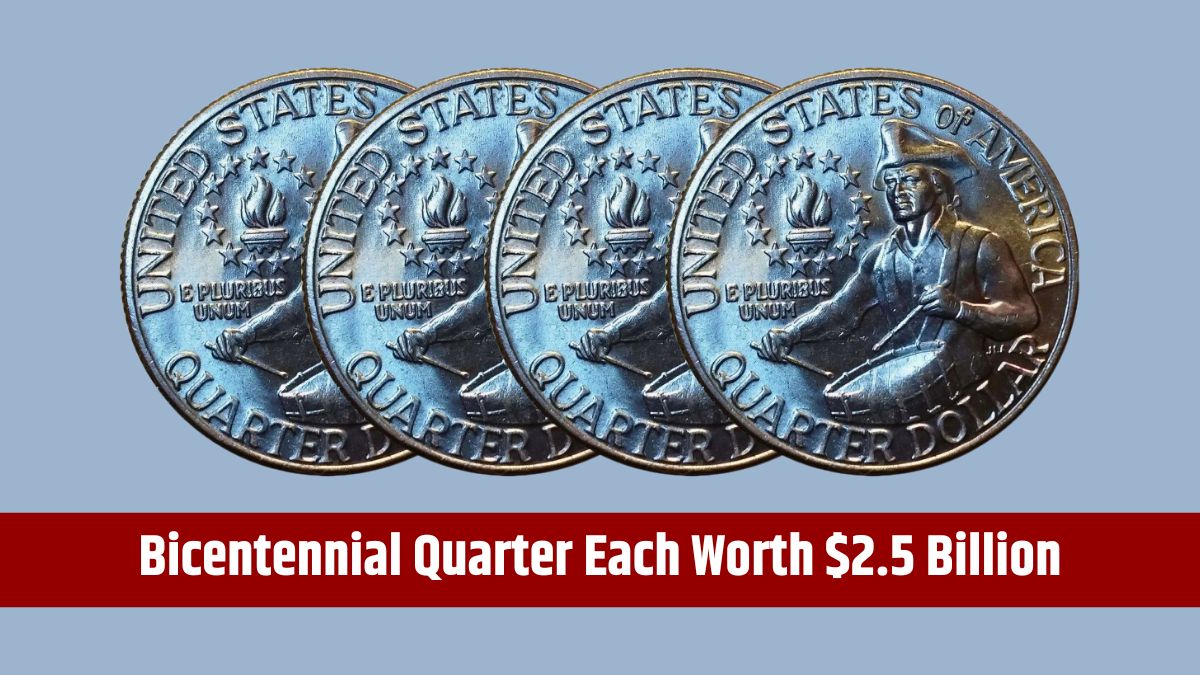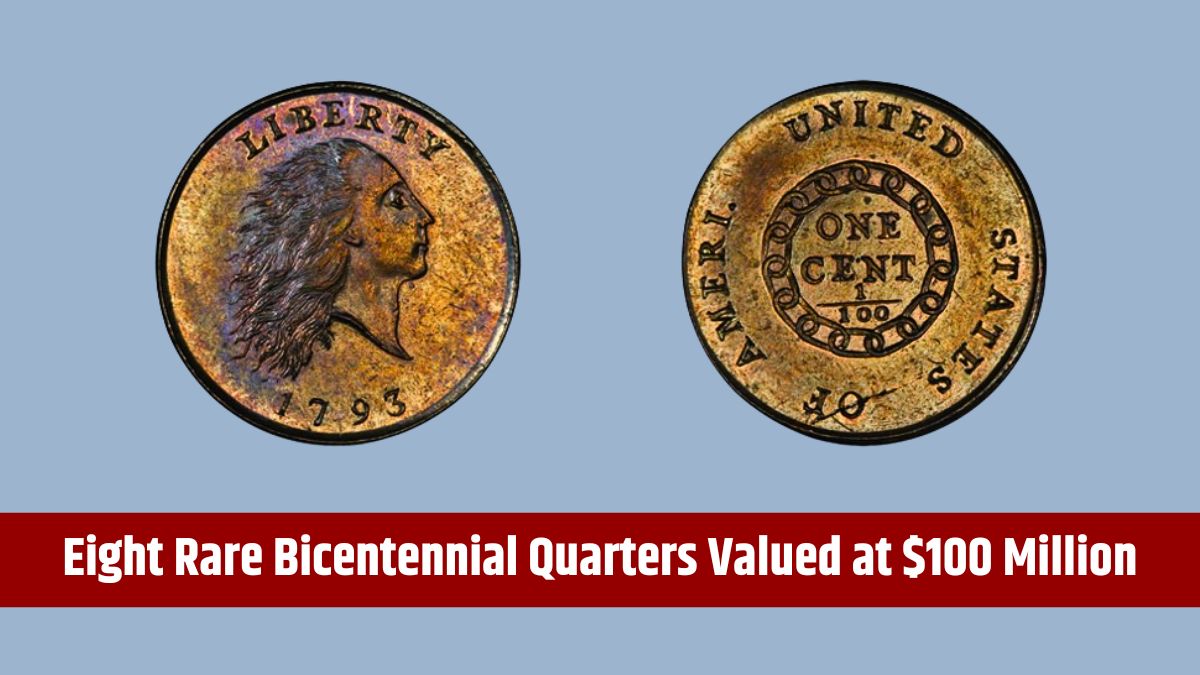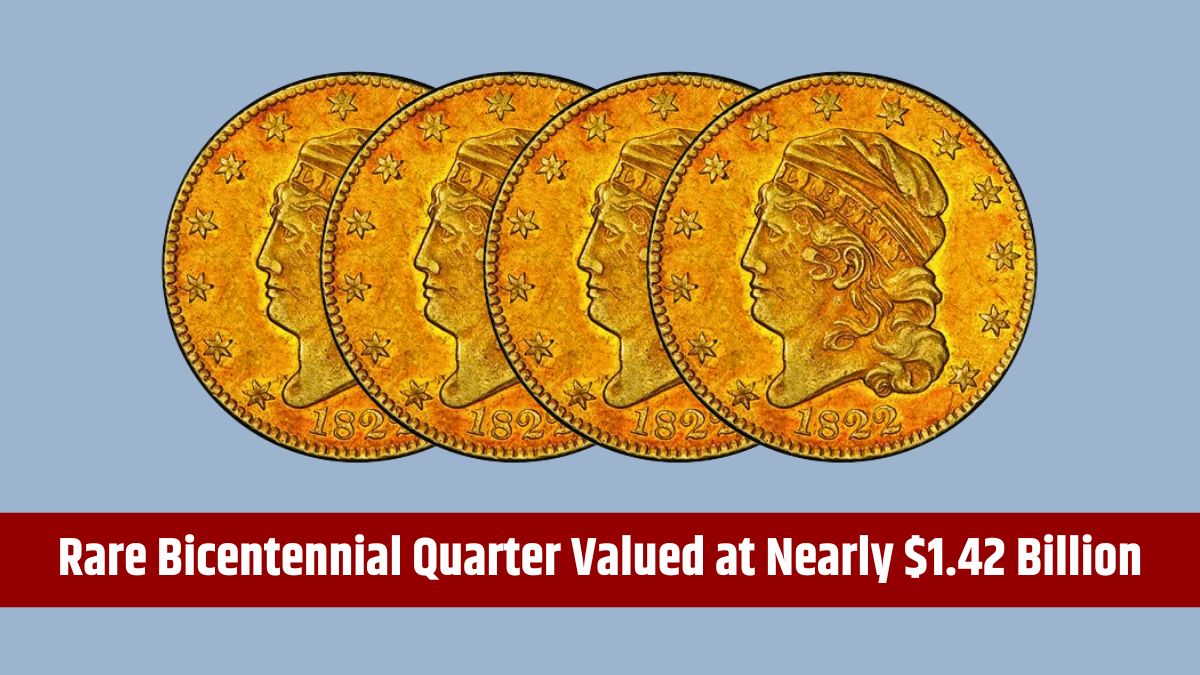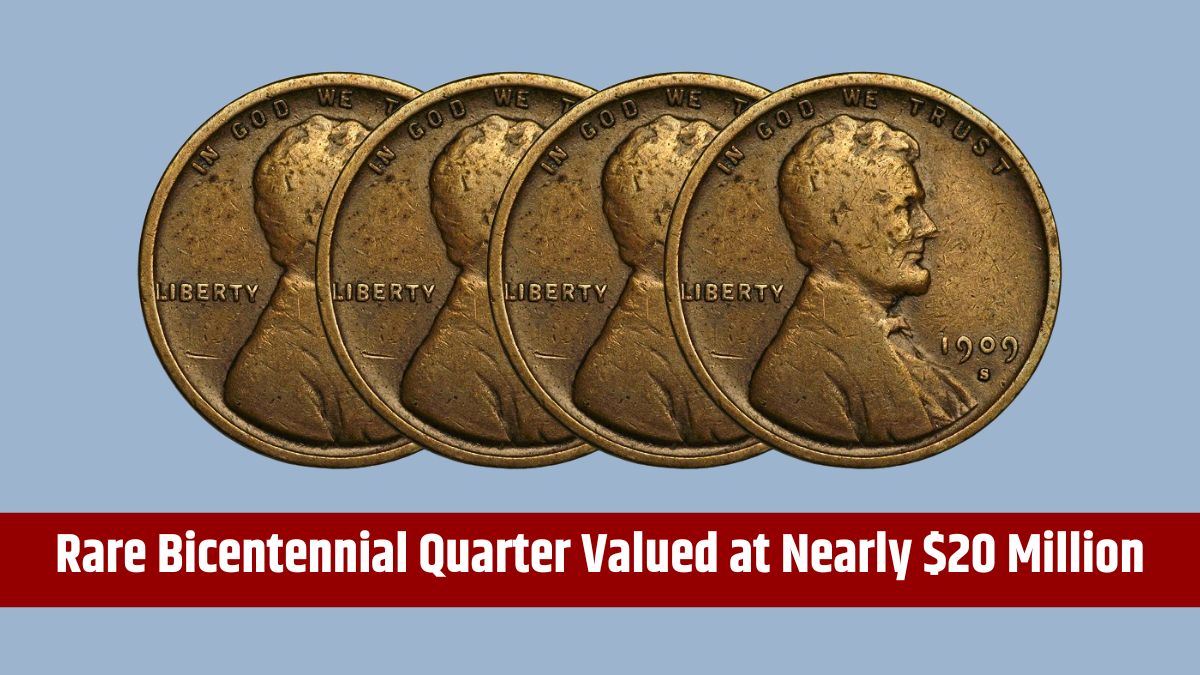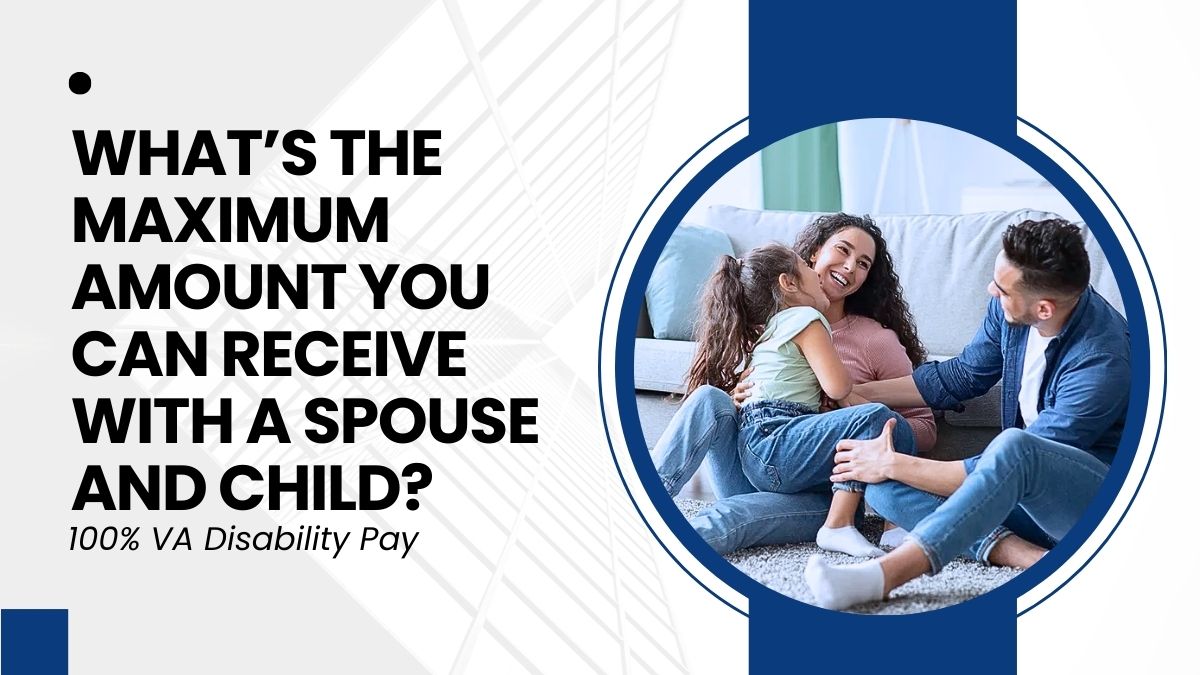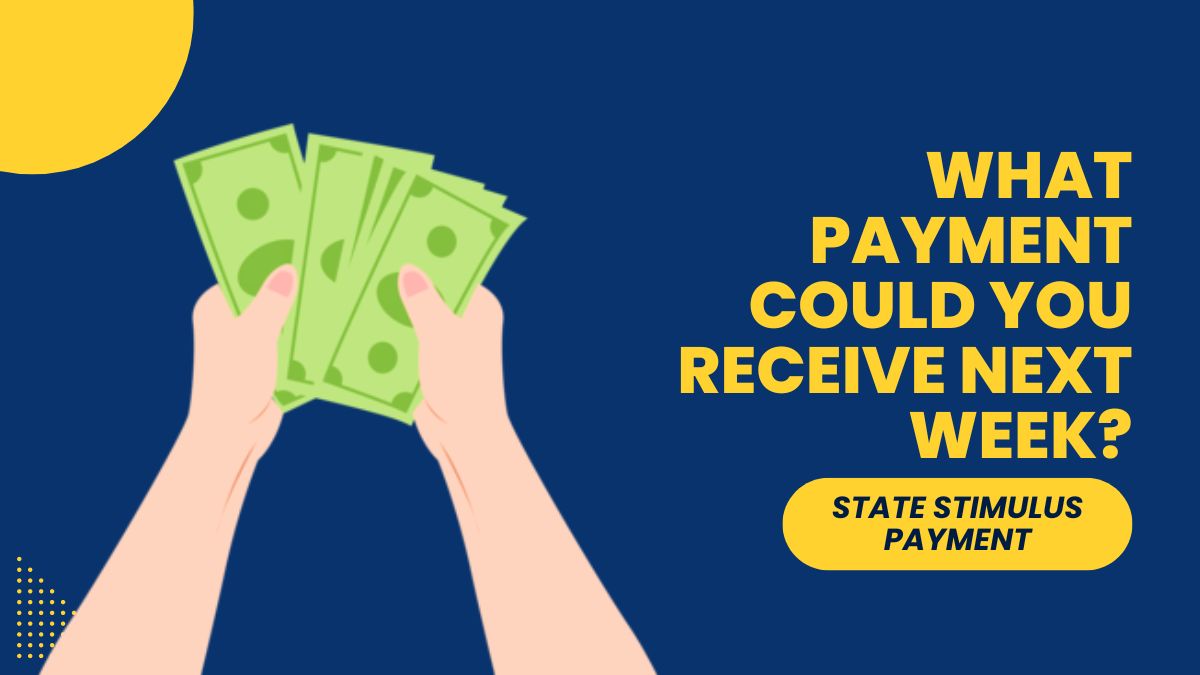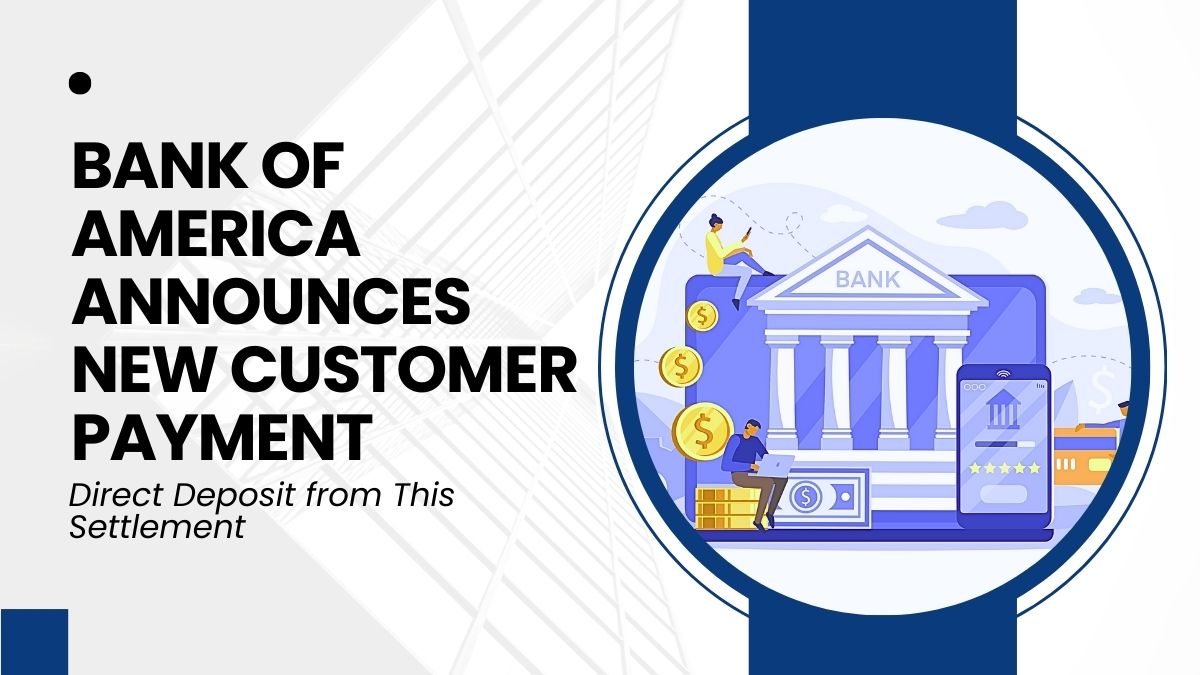The Supplemental Security Income (SSI) program is set for some notable updates this fall that could bring higher benefits to many recipients. On May 9, the Social Security Administration (SSA) unveiled a plan to expand the definition of a “public assistance household.” This broader definition is expected to positively impact many SSI beneficiaries, potentially increasing payments and easing access to these essential benefits.
Benefits
For both current and future SSI recipients, these changes could be significant. One of the most crucial updates is the SSA’s new rule regarding public assistance households. Previously, if you lived in a household where others helped with finances, that support could count against your SSI eligibility, reducing your benefits or disqualifying you altogether. However, under the new rule, the SSA will no longer assume that other household members’ support is your income. This means more people could qualify for SSI, and those already receiving benefits might see an increase in their payments.
How much might these payments increase? That’s still up in the air. The SSA hasn’t released specific figures yet, so the exact financial impact will vary. While some recipients could see a boost in their monthly checks, others might not experience any change at all. As we get closer to the implementation date, the SSA promises to provide more detailed information.
Expanded Eligibility
Another critical change is the revised definition of what counts as a public assistance household. Before, every member of a household needed to receive public assistance for the household to qualify for certain benefits.
But with the new rules, as long as one SSI applicant or recipient lives in the household and at least one other person receives public income-maintenance payments like SNAP, the household qualifies. This expanded definition will likely lead to more households being eligible for benefits and could increase the number of people receiving SSI.
Eased Reporting Requirements
One of the more complicated aspects of SSI has always been the reporting requirements, especially for those living in public assistance households. With the upcoming changes, these requirements are set to become less burdensome. By streamlining the process, the SSA is making it easier for individuals to access and maintain their benefits without the headache of constantly proving their eligibility.
In-Kind Support Exclusion
The SSA is also making a significant change to how it considers in-kind support and maintenance. In the past, if you received food assistance from family, friends, or community programs, the SSA would count this as in-kind support and reduce your benefits accordingly.
But earlier this year, the SSA decided to stop considering food assistance as in-kind support, meaning these contributions won’t affect your SSI payments. This shift could prevent some reductions in benefits that people might have faced under the old policy.
Moreover, the SSA is extending its rental subsidy policy nationwide. If you receive discounted rent or other forms of rental assistance, these benefits are now less likely to reduce your SSI payments. This change is particularly important for those relying on affordable housing, ensuring that their rental aid doesn’t diminish their SSI benefits.
Timeline
The final rule is set to take effect on September 30, 2024. While some beneficiaries could see payment increases as early as October, the exact timing is still uncertain. The SSA is expected to provide more information as the implementation date approaches, giving clearer insights into when these changes will reflect in beneficiaries’ payments.
Eligibility
Despite these changes, the basic eligibility criteria for SSI remain the same. To qualify, individuals must be at least 65 years old, blind, or disabled, with limited income and resources. They must also be U.S. citizens, nationals, or certain non-citizens residing in one of the 50 states, Washington, D.C., or the Northern Mariana Islands. Additionally, children of military personnel stationed abroad on permanent duty and certain students temporarily studying abroad may also qualify for benefits.
As these changes roll out, they could bring meaningful improvements to the lives of many SSI recipients. By expanding eligibility and simplifying the process, the SSA is taking steps to ensure that more people can access the benefits they need.
FAQs
What is the main change to SSI benefits?
The SSA is expanding the definition of a public assistance household.
When will the new SSI rules take effect?
The new rules will take effect on September 30, 2024.
Will all SSI recipients see increased payments?
Not all will see increases; it varies by individual circumstances.
How will food assistance affect SSI benefits now?
Food assistance will no longer reduce SSI payments.
Who qualifies as a public assistance household now?
Any household with an SSI recipient and one other member receiving public aid.

